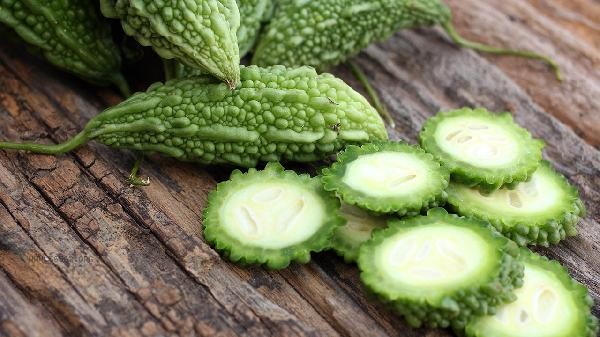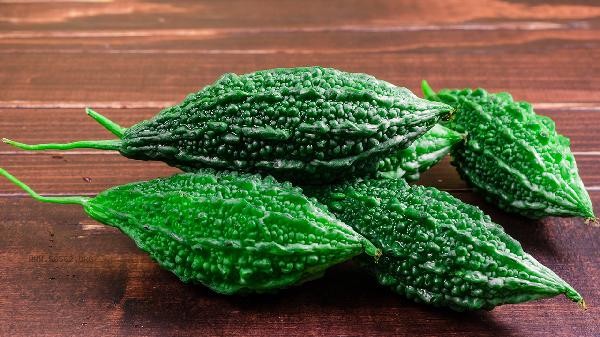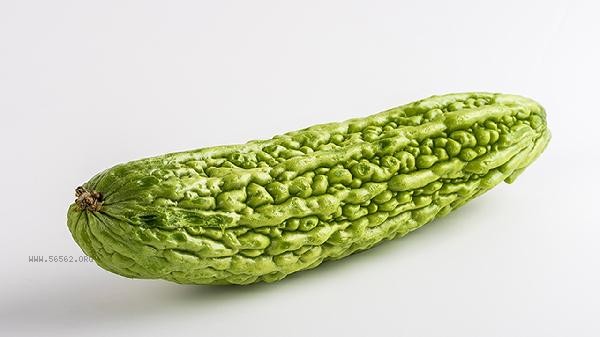Bitter gourd is generally not recommended for consumption after being frozen for 6 months. Although freezing can prolong storage time, long-term freezing may lead to nutrient loss, poor taste, and even food safety hazards. The shelf life of frozen foods is greatly affected by storage conditions. The temperature fluctuation in the freezer compartment of a household refrigerator is significant, and bitter gourd may experience cell structure damage due to repeated thawing during the freezing process, resulting in a soft and bitter taste after water loss. Water soluble nutrients such as vitamin C gradually decompose during long-term freezing, and the content of antioxidant substances significantly decreases. If not thoroughly cleaned or sealed before freezing, it may also breed psychrophilic bacteria, which may cause gastrointestinal discomfort after consumption. In special circumstances, if bitter gourd undergoes strict treatment before freezing, such as vacuum sealing and maintaining a stable temperature below minus 18 degrees Celsius, theoretically it can still be consumed after 6 months. But it is necessary to observe whether there are signs of deterioration such as excessive ice crystals, yellow color, or peculiar smell. After thawing, it is recommended to thoroughly heat and cook, avoiding cold dishes and other raw food methods.

It is recommended to refrigerate bitter gourd for no more than 3 months for daily storage, and fresh bitter gourd should be consumed within 1 week of refrigeration. Before freezing, blanching can be used to inactivate oxidase activity, and the air inside the bag should be expelled during packaging. Check for mold or mucus before consumption, and discard immediately if any abnormalities occur. Special groups such as pregnant women and those with weak digestive function should avoid consuming long-term frozen vegetables and prioritize choosing fresh seasonal ingredients.











Comments (0)
Leave a Comment
No comments yet
Be the first to share your thoughts!